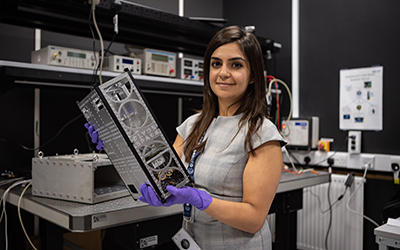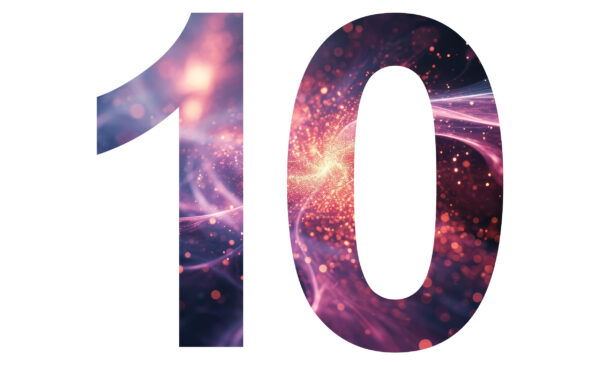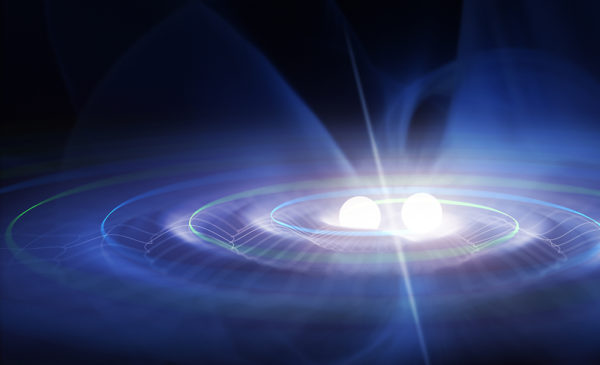On 1 August, BBC News featured a story on the UK Quantum Technology’s Hub Cold Atom Space Payload (CASPA) mission to advance the use of quantum sensing technology in space.
Clyde Space, a Glasgow-based satellite maker, will send a tiny 6U CubeSat satellite into space carrying quantum-based technology developed by sensor specialist Teledyne e2v and the University of Birmingham’s teams at the UK National Quantum Technology Hub in Sensors and Metrology.
The University of Birmingham’s role is the scientific lead, defining the system concept and requirements, and performing integration and optimisation of the payload.
Lab experiments have shown that ‘cold atoms’, created when lasers cool a gas of neutral atoms down to very low temperatures, act as ultra sensitive sensors. By fitting the sensors to a satellite, the team aims to be able to measure the slightest changes in the strength of gravity across the earth’s surface, offering huge benefits across fields such as flooding and disaster resilience, and monitoring of water resources.
The CASPA mission, led by Teledyne e2v, brings together a UK consortium to develop quantum based sensing technology. Its mission is to push forward the operation of quantum sensors in applications such as gravity mapping and time generation in space. It is one of seven quantum technology projects funded by Innovate UK, the UK’s innovation agency.
To read the full story, please click on the link below:
BBC News – Satellite maker Clyde Space lines up ‘cold atom’ mission




